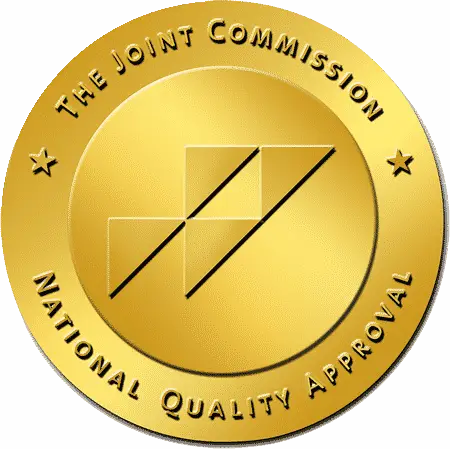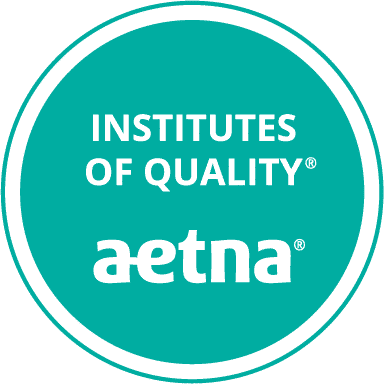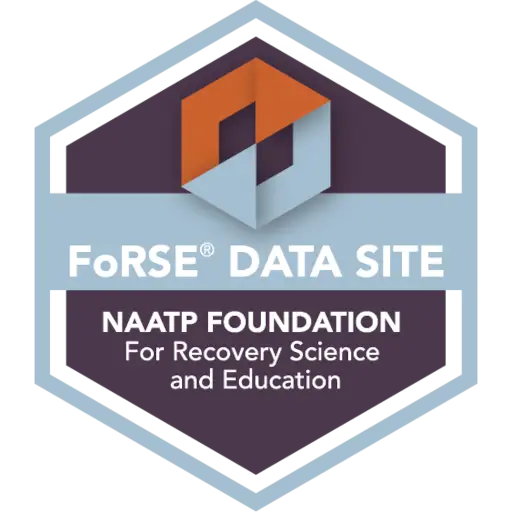Why is Rehab for Professionals Different?
Health care providers, pilots, lawyers, executives, teachers, first responders, police officers and those who work in public transportation are not immune to alcohol or drug addiction.
The power or control they hold in their workplace, however, can make them feel that drug and alcohol abuse are not their problems, or that they don’t have time for addiction treatment programs. Either way, their health suffers.
High job expectations and work stress–including life-changing decisions–can encourage substance abuse.
Healthcare professionals have the added temptation of access to drugs, especially to opiates in the last two decades.
Covid 19 Has Added to the Stress
The Covid 19 pandemic worsened conditions which already encouraged abuse of alcohol and drugs by some professionals.
This is especially true for medical professionals and teachers.
Medical Professionals Already More at Risk
Studies report that 10–15 percent of medical professionals will misuse drugs during their life, Rates of prescription drug abuse and addiction are five times higher among doctors than in the general public, with especially high rates of opioid abuse.
The pandemic–and incredibly taxing work schedule– increased this already high rate of drug abuse. Doctors and nurses who were already working 12 hours a day, extended their work time in high-stress hospital scenarios where life-and-death dramas unfolded.
On the positive side, health professionals tend to have a better success rate in the recovery process following treatment programs. Approximately 85 percent achieve recovery, compared to 15 to 20 percent of the general public.
Teachers May Feel Guilty for Students
Teachers entering rehab programs may feel guilty because they believe they are abandoning their students. Normally in charge in their classrooms, they have difficulty accepting the role of an addiction treatment inpatient.
Rehab counselors work closely with teachers in treatment to help them use inpatient rehab as an opportunity to return to their professional teaching career.
Teachers can benefit in rehab from a plan leading to a goal of returning to work.
Advocacy Groups Help Professionals Get Treatment
Many professions require licenses or certification. Having a substance use disorder can mean the loss of this necessary authorization for a professional, and their ability to provide an income for themselves and their family.
A state licensing board or other certifying agency primarily considers whether a person has the required knowledge to do their work and can do it safely and effectively. They are not able to judge whether the person is ill or if the disease can be successfully treated in rehab.
Because of this, advocacy organizations have formed to negotiate with the licensing boards and agencies on behalf of professionals.
These advocacy organizations seek to educate the licensing boards to have them provide opportunities for professionals to receive addiction treatment, start recovery, and maintain their professional status.
Addiction Treatment for Professionals
Rehab for professionals starts the same as for anyone else suffering from drug and alcohol abuse. Patients receive a thorough examination and assessment from the medical and clinical staff. This allows them to prepare a personalized addiction treatment plan and to make a dual diagnosis for co-occurring mental health issues
Rehab programs may not treat the co-occurring issues, but it may identify how these health conditions will affect addiction treatment. The rehab team may also provide information on programs following inpatient treatment to address them and enhance long-term recovery.
After assessment, the treatment team selects a case manager for each patient based on their case needs. It is also decided if the patient should be placed in a special addiction therapy group such as a recovering professionals program.
Medically Supervised Detoxification
In a facility like La Hacienda’s Special Care Unit or at a hospital, healthcare professionals supervise a patient’s detoxification. The medical team monitors withdrawal symptoms and administers medications if they are needed for pain of withdrawal symptoms.
Once a patient completes detoxification for alcohol or drugs, they begin clinical therapy sessions to help them overcome their substance use disorder.
Rehab for Professionals Therapy
One of the hardest things for a licensed professional to admit is they have a problem. Just as stating one’s powerlessness to control drug and alcohol use is the first of the 12 steps, getting someone in an executive or leadership position to realize they are out of control is key to professionals program therapy.
Admitting lack of control may provide a cathartic moment in a professional’s treatment program, whether in one-on-one sessions with their case manager or in group therapy. As people with executive positions, it’s not a natural call for them to admit they need help.
Many times, professionals also feel that they may have let down people with whom they work or whom they serve.
Rehab for professionals programs seek to assure them that entering an addiction treatment program, ending their substance use, and starting recovery are actually the opposites: they are taking positive steps to rejoin co-workers for the benefit of those they serve.
Cognitive Behavioral Therapy is Beneficial
Addiction treatment programs for professionals may also include cognitive behavioral therapy to help them understand why they have addiction issues and how best to respond in the future for an effective long-term recovery.
This therapy attempts to change the thinking, judging, and problem-solving processes that lead to behaviors that stop people from adapting to new or difficult circumstances, and intervene in the chain of events that lead to substance abuse.
Strategies used include self-monitoring, goal setting, goal attainment rewards, and learning new coping skills.
12 Steps Program May be Included
Some treatment centers such as La Hacienda teach the 12 steps and abstinence as the way for professionals to maintain recovery after they leave treatment.
The degree to which the 12-step program is introduced varies by rehab programs, but the intent is for the professionals to find a 12-step support group near their homes and complete the program.
Completing the 12 steps strengthens their recovery and puts them in a position to be mentors and help other people who need rehab for professionals.
Post-Treatment Care for Long-term Recovery
Many inpatient treatment programs for professionals provide continuing care plans which outline outpatient care for the next 90 days to a year.
These plans include people–health care providers, outpatient counselors, support groups, and other recovering professionals–the outpatient can call if they need help.
Addiction Treatment at La Hacienda
Since 1972, La Hacienda Treatment Center has been providing excellent inpatient therapy and rehab for professionals and other people suffering from substance use disorders.
Treatment begins with a thorough assessment of the person’s alcohol or drug abuse, physical condition, medical history, and any co-occurring physical or mental health conditions.
Our healthcare professionals supervise detoxification (if needed) in our modern Special Care Unit, which includes offices for our board-certified addiction physicians and dedicated nursing team. La Hacienda does not treat mental health conditions, but psychiatrists on the medical team help patients understand how those issues impact their substance use disorders and provide advice for future treatment of mental health conditions.
The Treatment Programs
The treatment process at La Hacienda includes individual and group therapy, working through the first four steps of the 12-step program, community time with the other patients, outdoor and indoor physical therapy activities, informative lectures by physicians and staff, and optional activities such as meditation.
Members of La Hacienda’s Alumni Support staff meet with patients over two weeks, leading them through the first four steps of the 12 steps. Their personal experience helps them relate to the patients.
Family Program Aids Treatment, Recovery
Aa week-long Family Program for relatives of patients allows family members to learn more about substance abuse treatment, the medical impact of addiction and alcoholism on the body, improving communication skills, and setting boundaries to help their loved one’s recovery.
The attractive 40-acre campus in the Texas Hill Country provides a low-stress, healthy environment for healing and preparing for life after treatment.
A continuing care process is created for each patient, providing an outline for the near future. This may include outpatient programs.
If you or someone you know needs addiction treatment for professionals, phone (800) 749-6160 and talk with one of La Hacienda’s dedicated admission specialists. In less than 24 hours, you may be on your way to recovery.

Recovering Professionals Program
The Recovering Professionals Group at La Hacienda Treatment Center is made up of patients with vocations that require them to be licensed or certified by a state board or other authority. Rehab for professionals works with doctors, lawyers, teachers, airline crew members, engineers, counselors, and other professionals.

Professional Recovery Network
The Professional Recovery Network (PRN) is a nationally recognized peer assistance program in Texas that helps medical care professionals transition to a safe, healthy recovery by advocating for addiction rehab for professionals with licensing boards. Monitoring, education, and advocacy are among the services provided.

Substance Abuse Family Support
Family members are key to helping a loved one in alcohol or drug rehab receive treatment and sustain recovery. In time, they may also be susceptible to the disease. A family support program provides information and training for those closest to patients going through addiction treatment. Such programs increase the likelihood of success for the treatment process and helping people end their addiction.

Chemical Dependency Treatment
Alcohol or drug rehab begins with a dependency assessment, followed by detoxification, and personal and group counseling to identify and address the patient’s addiction issues. Other therapies to expect in rehab include an introduction to the 12 steps, family therapy, medical care for health issues, and a continuing care plan for contacting alumni and support groups.




